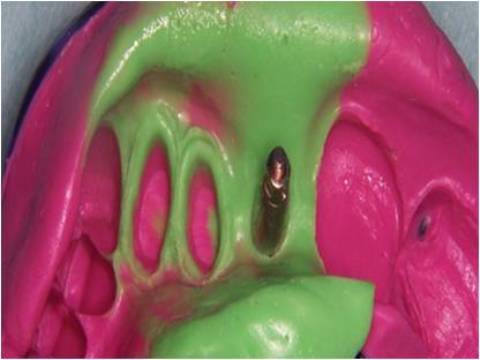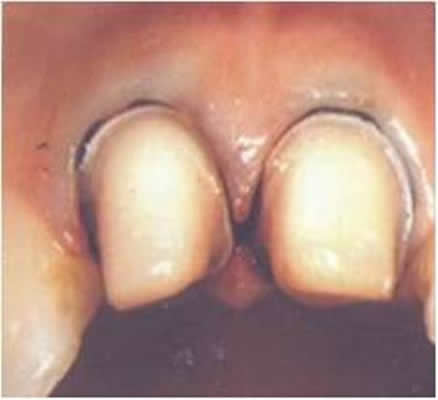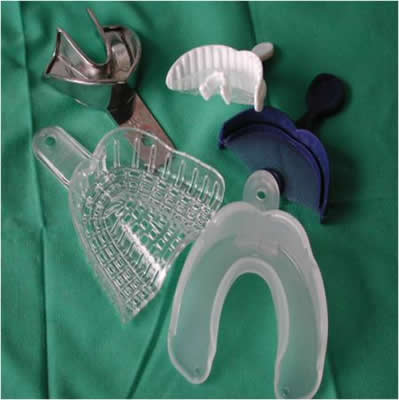Crowns: Impression Techniques and Soft Tissue Management course for Dental Practice



This session describes some techniques for the recording of teeth prepared for crowns/bridges.
Learning Objectives
By the end of this session you will be able to:
- Describe the objectives of impression making for crowns/bridges
- Select appropriate impression materials for the case in hand
- Explain how to use the selected material
- Control any soft tissue adjacent to the prepared tooth/teeth
The purpose of this stage in the clinical restoration of a mouth is:
- To expose the margin of the prepared tooth (or implant)
- To have had prepared (or adapted) an appropriate impression tray
- To record (or make) the definitive impression (this means that a material and a technique has been selected)
- To send the detailed information relevant to the impression (e.g. shade, occlusal records) to the technician
- To carry out interim procedures
Before commencing this session you should have knowledge of:
- The anatomy of the teeth
- Factors affecting the accuracy of impression materials
- Some basic dental pharmacology
Fraser qualified in 1970 and spend 10 years in general dental practice before becoming a Registrar in Restorative Dentistry at Edinburgh Dental Hospital in 1980.
He became a lecturer in Prosthodontics in 1983 and, in 1986, was awarded a doctorate also from the University of Edinburgh.
In 1989 he was appointed a Senior Lecturer/Hon. Consultant in Restorative Dentistry in the University of Manchester Dental School and in 1992 was appointed to the Chair of Restorative Care of the Elderly.
In 2002, he was Dean of Manchester Dental School and in 2006 moved to the Chair of Restorative Dentistry in the University of Glasgow. Also in 2006, he was President of the BSSPD and in 2008, was awarded the Gold Medal of the BSSPD.
His main interest within Restorative Dentistry is Prosthodontics and he has co-authored 5 textbooks on prosthodontics and has in excess of 100 reviewed publications.

- Oral Health | Clinical and Risk Asessment | Select...
- Posted By eIntegrity Healthcare e-Learning
- Posted Date: 2025-02-22
- Location:Online
- This session identifies the guidelines that support dentists in the selection of the most appropriate dental radiograph. It further explains how dentists incorporate the guidelines into dental practice.
- Oral Health | Clinical and Risk Asessment | Reflec...
- Posted By eIntegrity Healthcare e-Learning
- Posted Date: 2025-02-22
- Location:Online
- This session describes the principles and techniques of reflective practice, and how to incorporate them into everyday primary or secondary care clinical practice.
- Oral Health | Clinical and Risk Asessment | Princi...
- Posted By eIntegrity Healthcare e-Learning
- Posted Date: 2025-02-22
- Location:Online
- This session provides a framework that underpins the approach to preventative measures. It outlines the issues that need to be considered when determining how best to provide effective and efficient care.
- Oral Health | Clinical and Risk Asessment | Princi...
- Posted By eIntegrity Healthcare e-Learning
- Posted Date: 2025-02-22
- Location:Online
- Treatment planning is built on the foundation of history, examination, special tests and diagnosis. Only a thorough approach to these can lead to a successful treatment plan.
- Oral Health | Clinical and Risk Asessment | Perfor...
- Posted By eIntegrity Healthcare e-Learning
- Posted Date: 2025-02-22
- Location:Online
- This session describes the processes for performing extra-oral and facial examinations, and the reasons for carrying them out.







